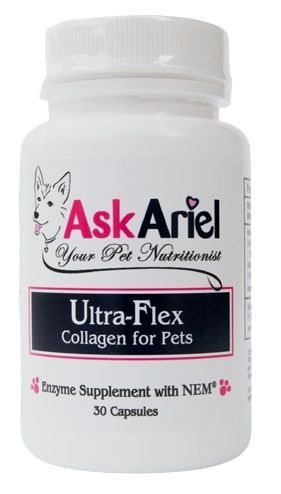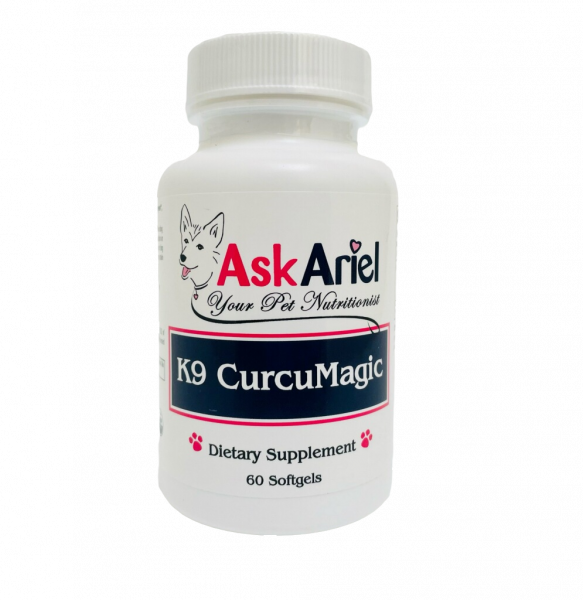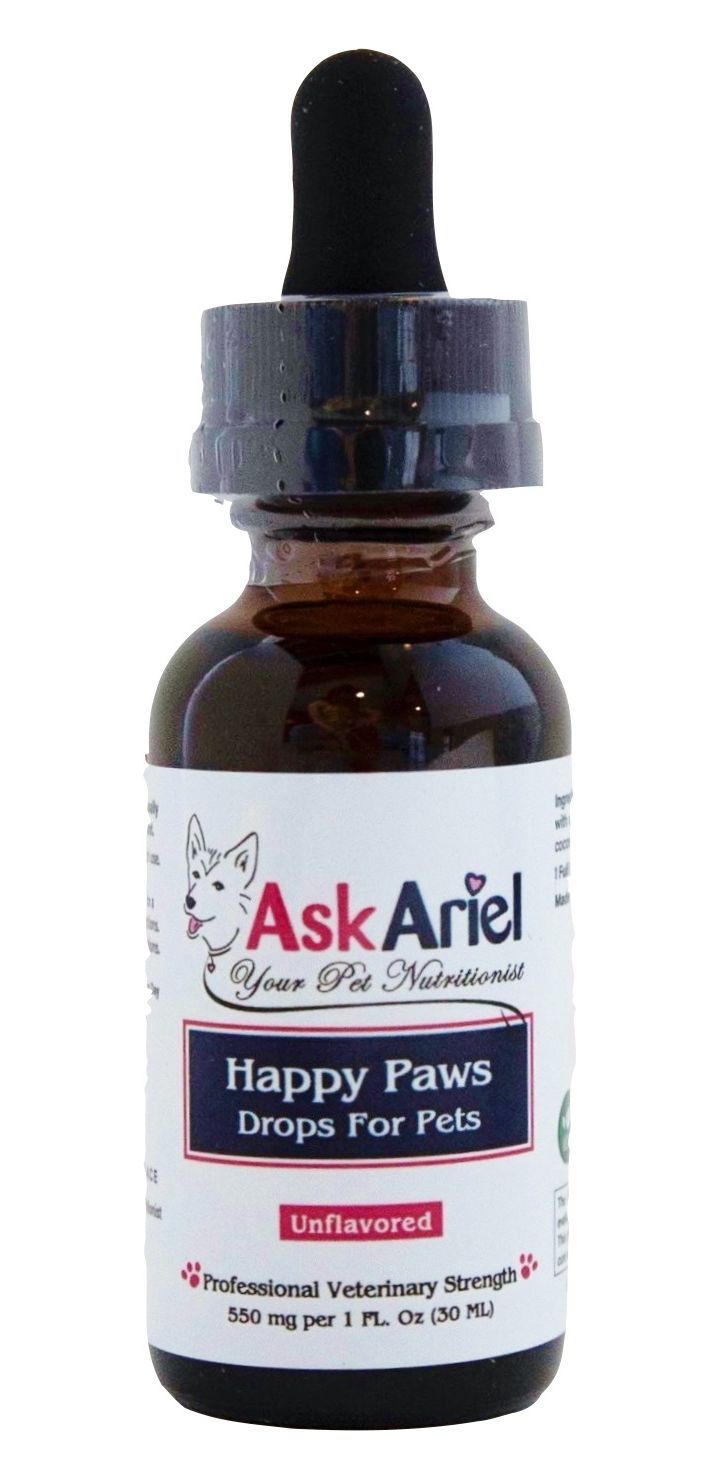Most joint support supplements contain glucosamine, which is a supplement that is often given to middle age dogs and cats to help relieve the pain and soreness within their joints. It is especially helpful for pets with deteriorating joints, dysplasia (hip or elbow) and arthritis. While glucosamine is generally well-tolerated by most dogs, a small percentage may have an allergic reaction.
While many pets
can tolerate glucosamine without a problem, some may have an allergic reaction. The
most likely culprit is a food allergy to shellfish since glucosamine is derived
from shellfish.
Symptoms Of A Glucosamine Allergy In Dogs
Identifying an allergic reaction to glucosamine in dogs can be challenging, as allergies may manifest in various ways. Here are some signs that could indicate a potential allergic reaction to glucosamine in your dog:
Skin Issues: Allergic reactions often present with skin problems such as itching, redness, hives, or rash. If you notice your dog excessively scratching, licking, or chewing at their skin after starting a glucosamine supplement, it could be a sign of an allergy.
Gastrointestinal Distress: Some dogs may experience digestive issues when they are allergic to a substance. This can include symptoms like vomiting, diarrhea, or changes in bowel habits.
Swelling: Swelling, particularly around the face, muzzle, or eyes, can be indicative of an allergic reaction.
Respiratory Symptoms: In severe cases, allergic reactions can lead to respiratory issues such as coughing, wheezing, or difficulty breathing. Breathing difficulties always require immediate veterinary attention.
Alternative Joint Support Supplements For Dogs Allergic To Glucosamine
The good news is that there are plenty of other options for joint support if your dog is allergic to glucosamine. Here are the best joint support supplements to give dogs with a glucosamine allergy.
 - A natural “whole-food” supplement that strengthens cartilage, rebuilds connective tissue and supports joint health. Collagen is the "cellular glue" that is found in the bones, muscles, skin, tendons, and digestive tract of your pet. As pets age, natural collagen production declines and can lead to decreased elasticity and stability in the joints, muscles and connective tissue.
- A natural “whole-food” supplement that strengthens cartilage, rebuilds connective tissue and supports joint health. Collagen is the "cellular glue" that is found in the bones, muscles, skin, tendons, and digestive tract of your pet. As pets age, natural collagen production declines and can lead to decreased elasticity and stability in the joints, muscles and connective tissue.Ultra-Flex Collagen For Pets contains NEM® brand eggshell membrane - a safe, all-natural whole-food source containing three varieties of collagen, glycosaminoglycans (GAGs) such as chondroitin sulfate, glucosamine, hyaluronic acid, and enzymes for enhanced absorption and bioavailability. Excellent choice for pets that are allergic to glucosamine or that are picky about herbal formulas. Great for cats and dogs.


Happy Paws Hemp Extract Drops is a high-quality hemp CBD oil that can help improve your pet’s overall well-being. Just a few drops of this non-psychoactive tincture is an effective way to reduce anxiety, inflammation and relieve pain. Happy Paws is a full-spectrum hemp oil containing CBD, CBG, CBN, and CBDA. Rigorous independent laboratory testing ensures purity.





